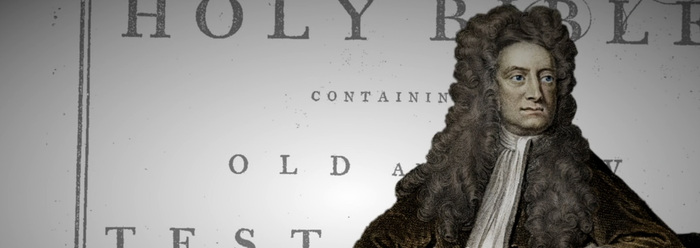Years ago, students were taught that the definition of science is "the search for truth." But things seldom stay the same. In recent years, some scientists have tried to equate science with naturalism—"the search for a naturalistic explanation for all things."
We've all heard the modern-day mantra, "evolution is science but creation is religion." If this is true, then certainly creation does not belong in a science classroom. Since creation necessarily implies supernatural involvement, then it falls outside the realm of naturalistic science.
When I was on the faculty of the University of Oklahoma, I forged a friendly relationship with one of my colleagues, a paleontologist and well-published advocate for evolution. Even though he claimed to hold a fairly orthodox belief in God, he insisted that science and religion were two completely different enterprises. "Even if the actual truth is that God created in six literal days just a few thousand years ago," he said to me one day, "even if the Biblical account is absolutely accurate, true history, the job of science is to come up with a believable account that includes no supernatural." Science cannot allow the possibility of supernatural input into the natural arena.
His tirade, of course, completely distorts creation thinking. Creationists insist that both the physical universe and living things within the universe function according to natural law. We do not wave the magic wand of supernaturalism every time we can't explain something. Natural law was instituted by the Creator as the way to maintain His incredibly complex creation. While the Creator has reserved the right to intervene supernaturally in this creation from time to time (especially the miracles mentioned in Scripture), these are exceptions to the rule of natural law. Creationists and evolutionists are in 100% agreement concerning the role of natural law in the universe's operation.
Where we differ is in its origin. The universe exists and science can observe its operation. But how did it get here? Neither creation nor evolution seem to be occurring today. Natural laws are conservative and operational, not creative and innovational. These one-time, non-observed, non-repeatable innovative events of the past must have been accomplished by God's creative power in ways quite different from the sustaining laws we can observe today.
The uniformitarian extrapolation of present processes to explain creation events leads naturalists to hopeless reliance on spontaneous generation of life from non-life, of beneficial mutations, etc., even matter from non-matter. Creationists admit they cannot explain the nature of God's creative laws, but we don't mis-state and mis-use the operational laws to make them creative. "Through faith we understand that the worlds were framed by the word of God, so that things which are seen were not made of things which do appear" (Hebrews 11:3).
Scientists display their religion of naturalism when they illegitimately equate science with naturalism. Creation may not be any more observable than evolution, but it is more scientific.
*Dr. John Morris is President of ICR.




